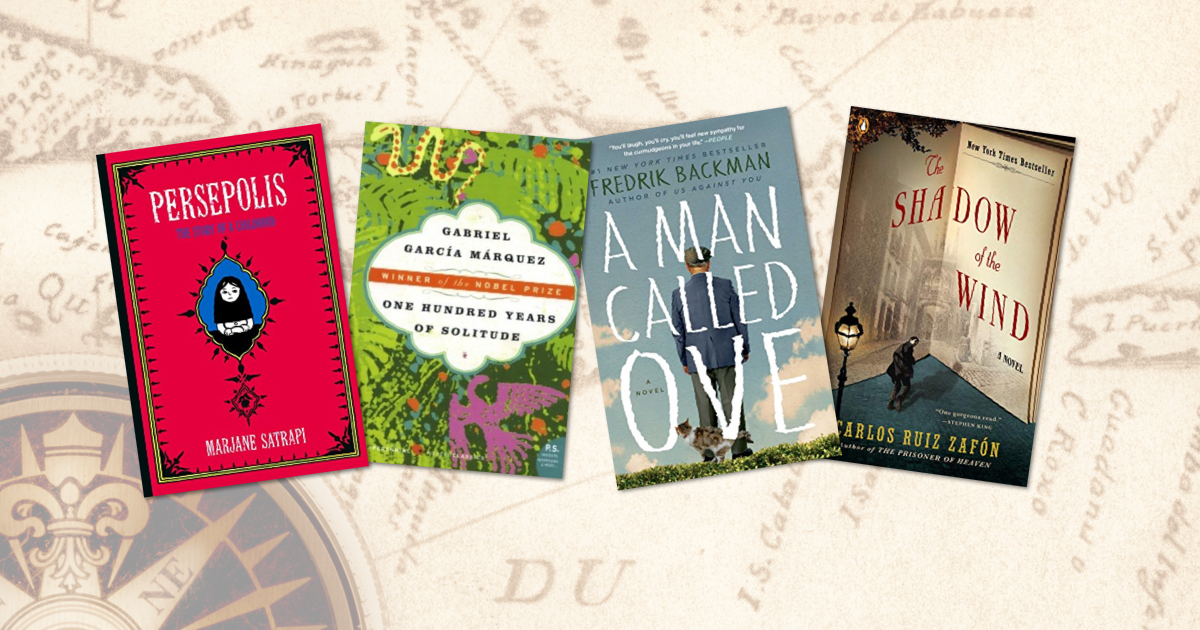By Carmen Chang,
On March 10, 2020, the Centre national du livre hosted the roundtable “Traduire un bestseller mondial : des traducteurs au secret”, featuring renowned French translators Carole Delporte and Dominique Defert. Known for translating Dan Brown’s Origin and Inferno into French, they offered a rare glimpse into the demanding and nuanced world of literary translation, managing to highlight the importance of their vocation, as well as some difficulties that have arisen given the existing high technological advantage.
The session highlighted the translator’s crucial role in bridging cultures, especially in works destined for both literary acclaim and cinematic adaptation. Translating a bestselling novel is a race against time—typically one to two months—often requiring collaboration under tight deadlines and involving a very hectic schedule, in order to comply with these deadlines. Despite the intensity, both translators emphasized the joy and intellectual stimulation of their craft.

Translation, they stressed, is not mere transposition of words. It’s a creative act shaped by cultural sensitivities, tone, humor, and rhythm. It’s the act of trying to preserve, or even state, the given meaning in a more accurate way for the reader. “You must be faithful to the original,” said Delporte, “but also ensure the text reads like it was written by a native French speaker.” This might even mean subtly enhancing poorly written originals while preserving the author’s intent.
Their daily routine often involves long, solitary hours, noise-canceling headphones, and complete confidentiality. Internet access is sometimes restricted, requiring preparatory research in advance. Yet, their job also involves deep emotional immersion: Delporte recalled translating a book on Steve Jobs during his illness, while Defert spoke of his meticulous work on Constellation de Fidèle.
Cultural differences, particularly in humor and political references, also pose challenges of great importance. Some jokes or topics must be softened to avoid offending the target audience. Translating biographies or controversial figures, like Roman Polanski, may even require ethical reflection and editorial compromise. The translator needs to maintain a specific distance from their personal opinions and strive to convey the meaning as closely to the original as possible.

The panel also raised important questions: What is the future of human translators in the age of AI? Can a machine ever truly understand irony, tone, or cultural subtext? While some topics, such as biblical references or translator-editor dynamics, remained underexplored, the event offered a valuable look at a demanding yet deeply rewarding profession, especially in times where artificial intelligence questions human capability.
In the end, Delporte and Defert agreed: Translation is an art that requires linguistic mastery, cultural intelligence, and a passion for storytelling. It’s not about perfection, but about evoking the same feeling in a new language—about manging to build a beautiful, invisible bridge between author and reader, regardless of the language or culture.
References
- Centre national du livre. Traduire un bestseller mondial : des traducteurs au secret. Roundtable held March 10, 2020. Featuring Carole Delporte and Dominique Defert.




